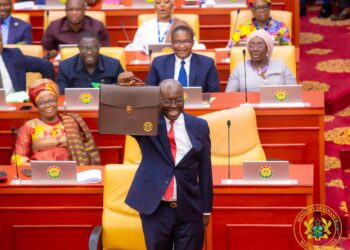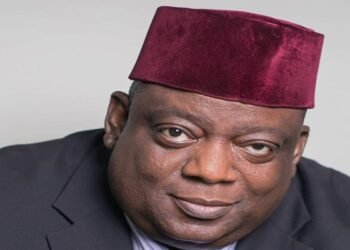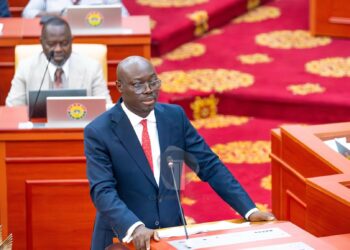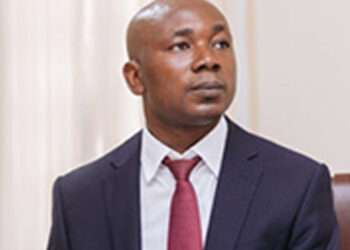Lord Paul Boateng, a distinguished member of the House of Lords in the United Kingdom, has issued a clarion call for Ghana to sever its dependency on foreign aid.
Speaking at the 2024 UPSA Annual Leadership Lecture, Lord Boateng emphasized that the continued reliance on external assistance is a significant impediment to the nation’s progress and sustainable growth.
Lord Boateng articulated a critical viewpoint on the historical and ongoing exploitation of Africa’s resources by powerful nations and their local collaborators. He argued that this exploitation has entrenched poverty and economic hardship across the continent.
“Those great powers, who have fed and continue to feed on Africa’s resources with their willing collaborators, have pulled Africa down in an impoverished and conflicted posture,” he stated. This dependency, he stressed, keeps African nations, including Ghana, in a perpetual state of economic vulnerability and conflict.
Highlighting a contemporary issue that underscores these challenges, Lord Boateng referenced the ongoing social media debate comparing the value of a Dutch passport to a Ghanaian PhD. He expressed deep concern that many Ghanaians perceive the former to be more beneficial than the latter. “Say it isn’t so. And if it is so, it shouldn’t be so. We cannot allow it to continue to be so. Leadership must be at the heart of our response,” he implored.
This sentiment, he noted, is symptomatic of broader systemic issues within the country, including poor governance and ineffective policies.
Addressing Poor Governance and Leadership
Lord Boateng did not shy away from identifying the root causes of these issues. He called out bad policies, poor governance, and a lack of effective leadership as primary obstacles to Ghana’s development.
For Ghana to move forward, he insisted, these issues must be addressed comprehensively. He urged leaders to implement and enforce policies that ensure equitable access to quality education, which he believes is fundamental to empowering the youth and nurturing future leaders.
Central to his message was the importance of education in shaping a prosperous future for Ghana. Lord Boateng emphasized that equitable access to quality education is vital for empowering the nation’s youth.
This, in turn, will produce capable leaders who can drive the country towards a more independent and self-sustaining future. “Leadership must be at the heart of our response,” he reiterated, calling for a collective effort to transform the current educational landscape and invest in the potential of young Ghanaians.
Addressing the students directly, Lord Boateng encouraged them to embrace leadership opportunities and take an active role in shaping Ghana’s future. He urged them to rise to the occasion, taking responsibility for the nation’s development. By doing so, they can help steer the country away from its dependence on external aid and towards a path of self-reliance and sustainable growth.
Lord Boateng’s impassioned speech at the UPSA Annual Leadership Lecture serves as a powerful reminder of the urgent need for Ghana to chart a new course—one that is free from the shackles of foreign aid and exploitation.
His call for better governance, effective leadership, and a robust educational system is a blueprint for achieving this vision. As Ghana grapples with these challenges, the onus is on both current and future leaders to heed this call and work tirelessly towards building a more self-reliant and prosperous nation.
READ ALSO: Ghana’s Cocoa Industry Faces $500 Million Revenue Drop Amidst Multiple Crises





















